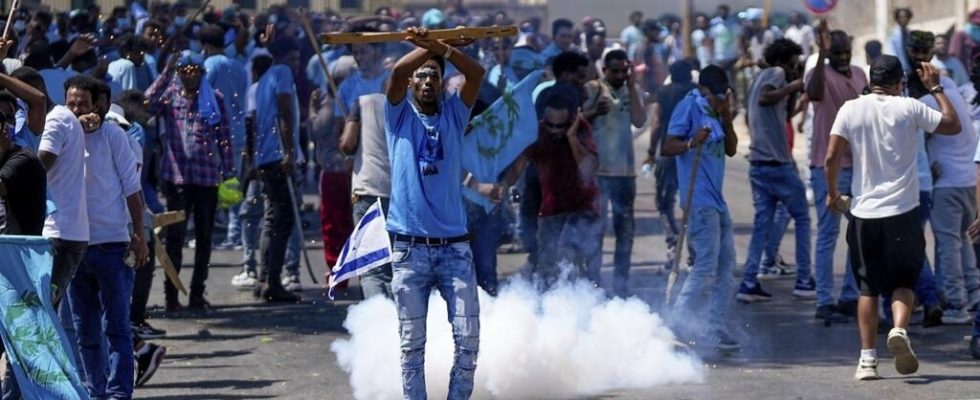The Israeli government and Eritrean refugees, a chronological reminder of the crisis of the first months of 2018
On January 3, 2018, the government led by Binyamin Netanyahu, adopts a plan according to which the38,000 people (according to official figures at the time) living illegally in Israel would be offered nearly 3,000 euros to return to or leave for a third country. They were mainly Eritreans and Sudanese, who entered Israeli territory via the Egyptian Sinai Peninsula. Civil society organizations, the left and intellectuals, are mobilizing against this plan.
In February 2018, a israeli court rules that the 20,000 Eritrean migrants who entered Israel illegally, including those who wanted to escape compulsory military service in their country, could benefit from political refugee status.
In March, Israeli Supreme Court temporarily suspends the government plan foreseeing the imminent expulsion of thousands of African migrants who entered the country illegally. The judges are asking in particular for more details on the agreements made with third countries, agreements which have not been made public by Israel. One of the magistrates pointed out that Rwanda and Uganda had notably denied being signatories to such agreements with Israel.
The Israeli government then suspended this first plan and considered a another strategy, with the United Nations High Commissioner for Refugees. But on April 2, a few hours after announcing the signing of the agreement which was to allow the departure of some 16,000 African migrants to Western countries and a new status for those who remain in Israel, Binyamin Netanyahu retracts because of the opposition of part of its coalition and because the host countries, Germany and Italy, say they have not given their agreement.
End of April, after months of controversy, Benyamin Netanyahu admits before the Supreme Court that he is not in a position to implement a plan to deport Eritrean migrants. Deportation procedures are halted and temporary residence permits issued.
